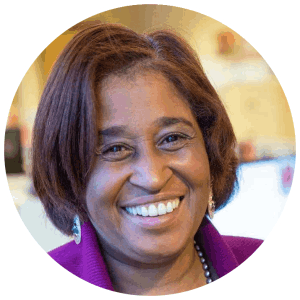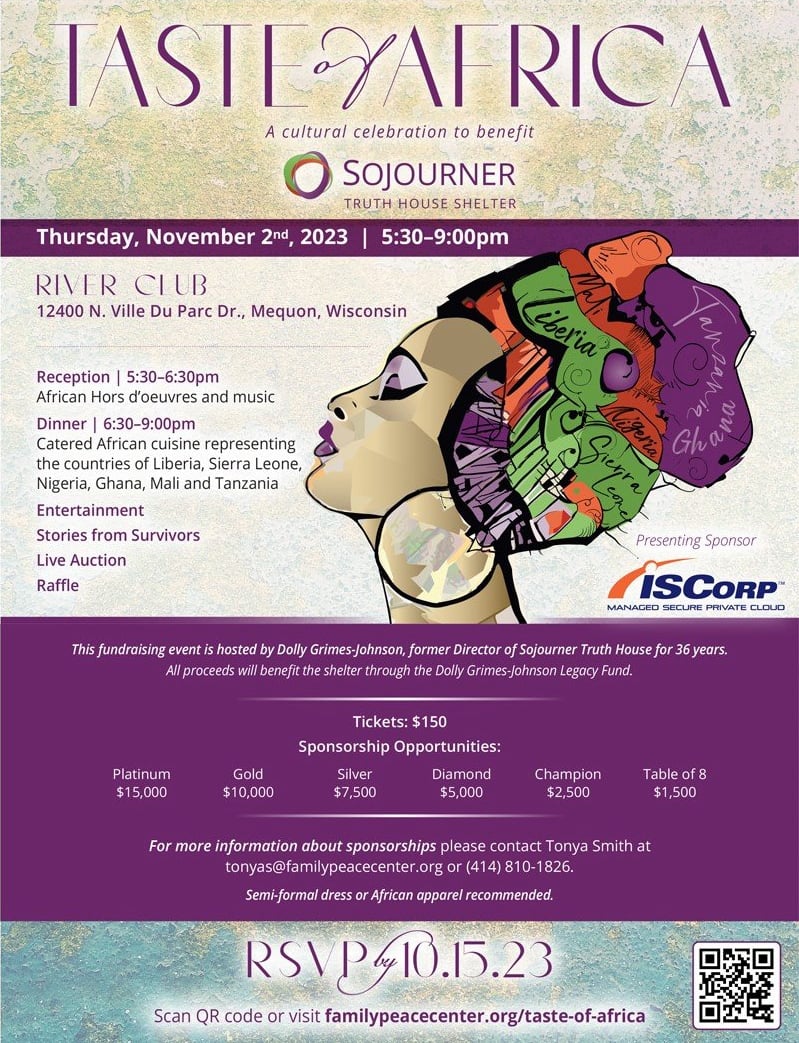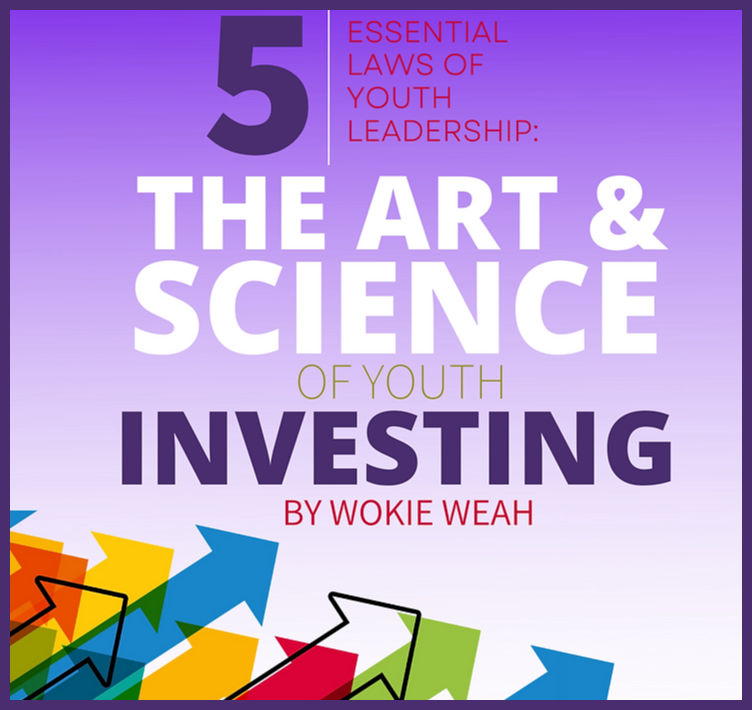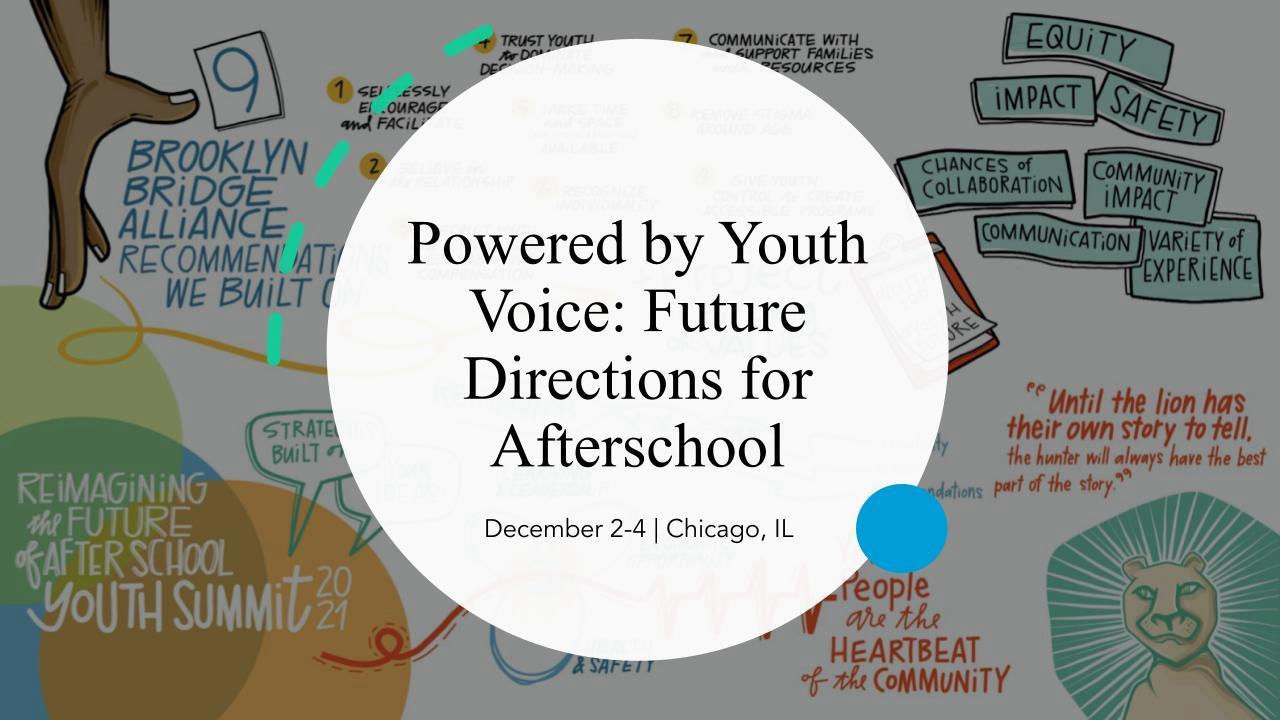Part One - Rock of the Ancestors: Namoa Koni
An object through which the ancestral spirit is also called upon to give back to the community.
There is a tradition among Liberian people that an object which once belonged to a deceased person, such as a piece of jewelry, may be used to contact the spirit of the departed. In Liberia, the spirit is asked not to look back in anger upon the living, but to assist in bringing fertility, health, and prosperity to survivors and the community. For centuries Liberians have reaped great rewards by staying connected to their ancestral roots. The ancestral spirit is also called upon to give back to the community through his/her former possession which is called a Namoa Koni. In Liberia, items like masks, proverbs, songs, cultural artifacts, and stories are referred to as rocks of the ancestors.
In this three-part blog series, I will explore the importance of passing knowledge from one generation to another to preserve and transmit tradition, art, and cultural practices. The knowledge of African cultures is transmitted through multiple art forms, including proverbs, poetry, storytelling, art, and music. The Namoa Konis are often used to inspire, teach, and remind you of your cultural identity and the responsibility you have to the next generation.
Part 1 introduces the importance of the generational tradition of passing down knowledge and provides a new way of knowing and learning that emphasizes why it is important to consider alternative ways to western approaches when leading.
Part 2 takes a deeper dive into using proverbs and African jazz as a Namoa Koni that lifts up how those two art forms have influenced my leadership journey in heading up an organization that has increased equity with and for indigenous, low income, and racially diverse youth.
Part 3 will reflect on 7 valuable life lessons I have learned from leading a philanthropic non-profit through the Namoa Koni lens.
Dancing with my Ancestors
Growing up in Liberia made me proud of the unique cultural heritage I had inherited. Both of my parents were fierce patriots, instilling in all their children a love of country and an appreciation for Africa, a resource-rich continent often on the wrong end of exploitation from ‘civilized’ societies. As a young child, I recall my first interaction with Namoa Koni was listening to the words of a popular song, “though Africa is shaped like a question mark, Africa’s got the answers”. This song held the history of answers that could be found in the alluring music of the “talking drum” - which not only provided music for entertainment but was often used as a medium of communications to warn of danger, announce the arrival of government officials, or to signal people to come together for traditional ceremonies.
Answers were also unearthed through storytelling circles, often about the cunning spider famous for being egotistical and greedy. Sitting in community circles each spider tale would begin with “once upon a time” and the voices of everyone in unison would respond with “time” in eager anticipation of the life lessons the spider tale would reveal. Most times the lessons would reveal deep knowledge that was passed down from generation to generation with each tale told.
The Rock of My Ancestors
My parents supported my involvement in ‘country cooks’ a community-wide event where community members would pitch in money towards a favorite culinary delight served up in giant tin pans. As a child, I learned early it was not how much money you give to the country cook, it was how you showed up and engaged with other community members.
Remembering those lessons, I recall its influence on my career - In the late seventies, I had the good fortune to head up the National Tourist Office, traveling to remote villages in Liberia and the Ivory Coast, and entertaining African American tourists who traveled to West Africa in search of their roots. Years later, I would work for UNICEF Liberia as the Child Protection Officer, crisscrossing the African continent from Ghana to the Ivory Coast to Nigeria, Namibia, and South Africa in search of actionable strategies to improve the policies and services that empower the children and youth of war-torn Liberia.
I became immensely grateful for the Namoa Koni’s along the way and its support in assisting me in my career and keeping my traditions and sense of self. The series has triggered deep introspection about whom I am as a person, forcing me to ponder my own cultural identity, and how it has influenced the way I have led Youthprise. The Namoa Koni book was passed down to me by my father, and it is important that I credit the Author of Namoa Koni, Rocks of My Ancestors, published in 1977. It is my hope that the Namoa Koni series will also invite readers to consider alternative approaches to learning and leading to traditional western practices.



